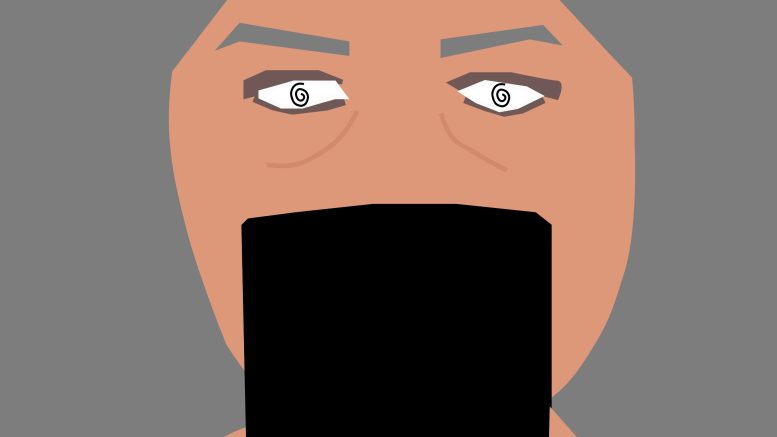I realized social media was becoming a problem for me when I sat down to watch Instagram Reels for what I thought was a few minutes and then checked the time only to find I had been mindlessly consuming content for hours.
My friends have had similar experiences with TikTok. We decided to open an app for a while to enjoy a bit of media, and before we knew it, we had lost an entire day to scrolling. Short-form content has a way of reeling people in and keeping them browsing senselessly without the ability to stop until they are completely drained. The Urban Dictionary calls this death scrolling.
To really appreciate the effects death scrolling has on the human brain, it is important to first understand why we do it.
Initially, I was tempted to think it might be because of a lack of discipline. Maybe I just did not have enough self-control. I allowed a tiny copper box to steal my time and control my day. But now I know discipline has very little to do with it.
These apps are designed to keep you addicted. Social media engages the reward system of the brain. It causes a dopamine release. Dopamine is a chemical that causes feelings of pleasure. Naturally, our brains crave this feeling and want to repeat the actions that cause it. That is why we keep scrolling.
Our brains know that watching videos produces feelings of pleasure, and so we watch countless Instagram Reels, YouTube shorts or TikTok in search of that feeling. And once we find a video we like, that dopamine is released, and the cycle starts over. Aza Raskin, the man who designed the infinite scroll, likened it to giving users “behavioural cocaine.”
Alongside this, these apps use an algorithm to generate the content we are shown. The algorithm’s input is the videos we express interest in, what we like, re-watch or comment on. It takes note of these things and then outputs similar content so that we continue to watch it. We are looking for a reward in our scrolling. Maybe it is a laugh from a funny video or news on our favourite influencers. Once we find it, we want more, and the algorithm makes sure to give us more.
Social media companies take advantage of our brain’s chemical reactions to make a profit. Their goal is to keep people engaging with their apps for as long as possible, regardless of the negative consequences this has on people. According to Sean Parker, Facebook’s founding president, the company manipulated the human psyche. All the inventors of the company were aware of this but went ahead with it anyway.
I believe spending outrageous hours on social media is not a result of flaws in our character. It is the result of companies using chemical reactions and human psychology to exploit people.
The most notable consequence of excessive social media consumption is the effect it has on mental health. Extreme usage of social media is known to cause anxiety, particularly in teenagers and young adults. It contributes to feelings of loneliness and comparisons. A constant stream of negative news can leave people feeling depressed. Studies have also shown that social media can affect how our memories are stored in our brains. Even though this overconsumption of media is not entirely our fault, it still affects our brains.
I have come across some strategies to curb the effects of these apps. The most effective, in my opinion, is a regular three-day social media fast. Get a trusted friend to change all your passwords and tell them they can only give you the new passwords at the end of the fast. This strategy requires no extra effort outside of the initial desire to take a break from social media.



